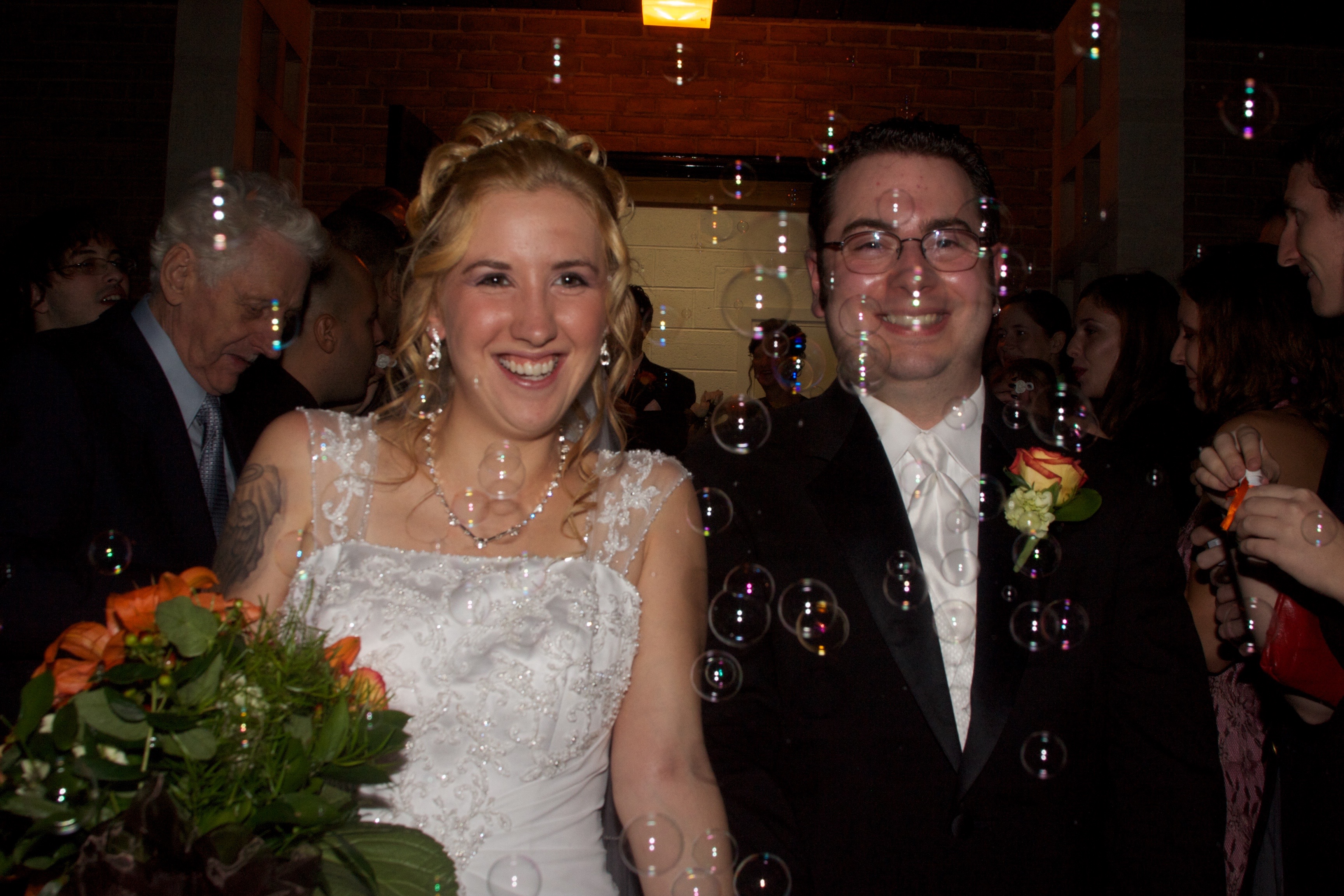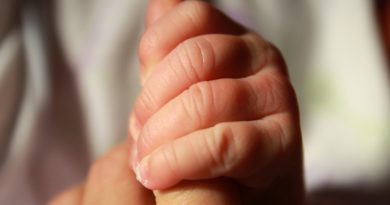Understanding Depression
“Ugh, I’m so depressed today.”
If I hear this statement one more time I think I’m going to scream…
Truth be told, I do not know whether the person saying this is or is not suffering from depression. (In fact, I do not know who this person is, since this ambiguous, blanket statement has been said by many people I’ve met over the years.) However, I do know is that statements like this are why depression—the illness—is often confused as more of a mood than a clinical issue.
So in an effort to educate (and not simply scream), I decided to take today’s blog “back to basics.”
Depression, by definition, is “a serious medical condition in which a person feels very sad, hopeless, and unimportant and often is unable to live in a normal way” (Merriam-Webster). While I also acknowledge it is “a state of feeling sad,” and that the aforementioned quote is—grammatically and literally—accurate it does work to confuse the matter, as a state of being and a serious medical condition are two very different things (Merriam-Webster). So for the sake of argument, and this post, I am simply going to focus on depression, the illness.
According to the American Psychiatric Association (APA), depression “negatively affects how you feel, the way you think and how you act.” It permeates every aspect of your life. Every thought, every feeling, and every action of every day is determined by, or measured against it. While “depression has a variety of symptoms…the most common are a deep feeling of sadness or a marked loss of interest or pleasure in activities. Other symptoms include:
• Changes in appetite that result in weight losses or gains unrelated to dieting
• Insomnia or oversleeping
• Loss of energy or increased fatigue
• Restlessness or irritability
• Feelings of worthlessness or inappropriate guilt
• Difficulty thinking, concentrating, or making decisions
• Thoughts of death or suicide or attempts at suicide
– from the APA (American Psychiatric Association)
In my case, I have experienced nearly every one of these symptoms. I have found myself exhausted but unable to sleep; I have found myself laying in bed for days on end. I have lost weight without trying. (Most recently, I lost my pregnancy weight, plus 10 pounds. That may not sound like a lot but it was more than 10% my body weight.) I have lost focus, worth, and patience. I have had suicidal thoughts. But depression doesn’t look the same for everyone, and any combination of these symptoms can occur at any time.
There are also many types of depression, i.e. major depression, psychotic depression, postpartum depression (PPD), and seasonal affective disorder (SAD)—just to name a few. For this reason, “[m]ajor depressive disorder is one of the most common mental disorders in the United States. Each year about 6.7% of U.S adults experience major depressive disorder.” [NIMH]. According to the the National Institute of Mental Health (NIMH) , “[w]omen are 70 % more likely than men to experience depression during their lifetime. Non-Hispanic blacks are 40% less likely than non-Hispanic whites to experience depression during their lifetime. [While] the average age of onset is 32 years old,” depression most commonly appears in individuals in their “late teens to mid-20s.”
What is most important to know is that one cannot simply “snap” out of clinical depression. It is not like as simple as changing thoughts, because the thoughts of one who is depressed are distorted. The idea that “it will get better” is lost on the depressed mind. Everything is black and white and, when in the grips of a severely depressed period, everything is dark and silent. Author Elizabeth Wurtzel (Bitch and Prozac Nation) once said, “That’s the thing about depression: A human being can survive almost anything, as long as she sees the end in sight. But depression is so insidious, and it compounds daily, that it’s impossible to ever see the end. The fog is like a cage without a key.”
So how do you help someone suffering from depression? How do you help yourself?
Below are a few suggestions offered by NIMH:
How can I help a loved one who is depressed?
- Offer emotional support, understanding, patience, and encouragement.
- Talk to him or her, and listen carefully.
- Never dismiss feelings, but point out realities and offer hope.
- Never ignore comments about suicide, and report them to your loved one’s therapist or doctor.
- Invite your loved one out for walks, outings and other activities. Keep trying if he or she declines, but don’t push him or her to take on too much too soon.
- Provide assistance in getting to the doctor’s appointments.
How can I help myself if I am depressed?**
- Do not wait too long to get evaluated or treated. There is research showing the longer one waits, the greater the impairment can be down the road. Try to see a professional as soon as possible.
- Try to be active and exercise. Go to a movie, a ballgame, or another event or activity that you once enjoyed.
- Break up large tasks into small ones, set some priorities and do what you can as you can.
- Try to spend time with other people and confide in a trusted friend or relative. Try not to isolate yourself, and let others help you.
- Expect your mood to improve gradually, not immediately. Do not expect to suddenly “snap out of” your depression. Often during treatment for depression, sleep and appetite will begin to improve before your depressed mood lifts.
- Postpone important decisions, such as getting married or divorced or changing jobs, until you feel better. Discuss decisions with others who know you well and have a more objective view of your situation.
- Remember that positive thinking will replace negative thoughts as your depression responds to treatment.
**This sounds easier than it is and is not meant to minimize the feelings of sheer isolation, hopelessness and despair most commonly associated with depression. Just remember one thing: Help is available.
For more information about depression, visit NIMH.




Reblogged this on Observant and Ardant.
Pingback: Does PPD Affect Dads: Changing the Depression Discussion | Sunshine Spoils Milk